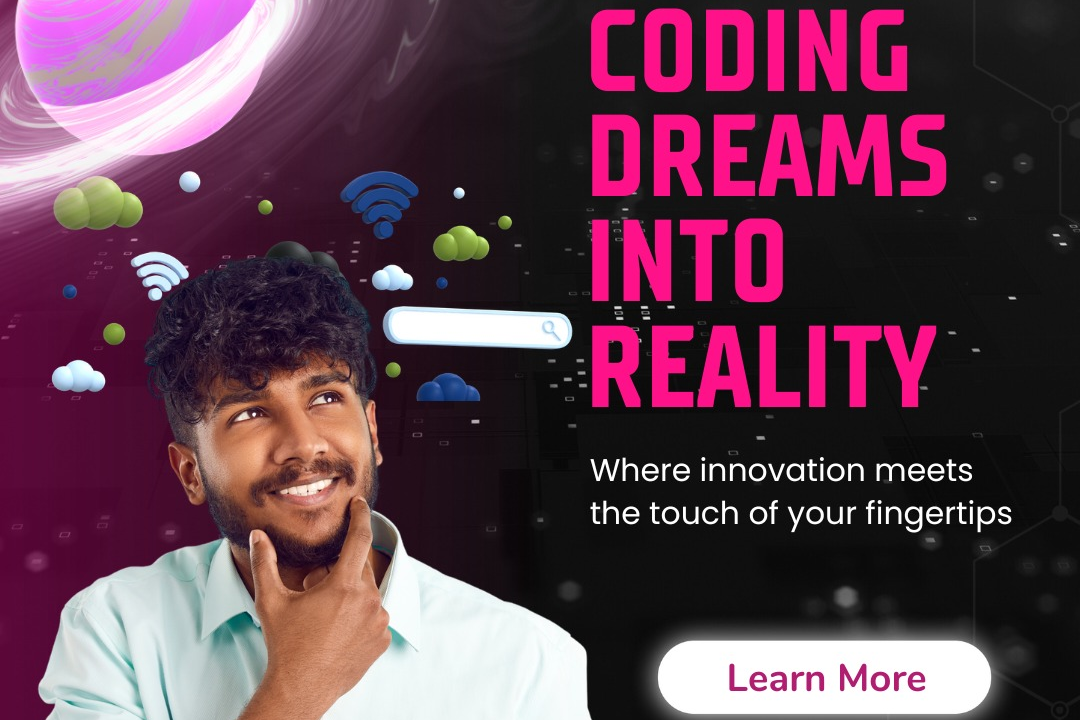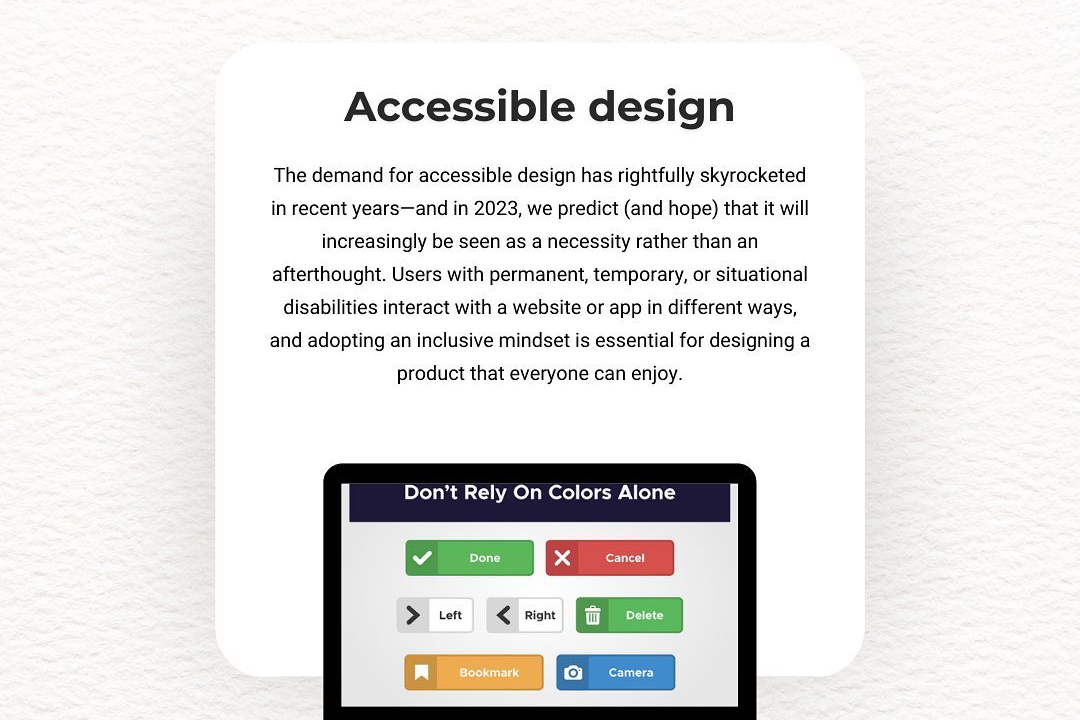Hard PHP Programming
Hard PHP programming refers to the advanced and complex aspects of coding in PHP, where developers w
Hard PHP Programming
Hard PHP programming is essential for building complex, high-performance web applications that require advanced functionalities, optimization, and security. By mastering intricate techniques and deepening understanding of PHP’s core features, developers can create scalable and efficient websites capable of handling large amounts of data and user interactions. This expertise is crucial for developing customized solutions that meet specific business needs, ensure robust security, and provide a seamless user experience, making it a valuable skill in the ever-evolving landscape of web development.
To Download Our Brochure: https://www.justacademy.co/download-brochure-for-free
Message us for more information: +91 9987184296
Hard PHP programming is essential for building complex, high performance web applications that require advanced functionalities, optimization, and security. By mastering intricate techniques and deepening understanding of PHP’s core features, developers can create scalable and efficient websites capable of handling large amounts of data and user interactions. This expertise is crucial for developing customized solutions that meet specific business needs, ensure robust security, and provide a seamless user experience, making it a valuable skill in the ever evolving landscape of web development.
Course Overview
The ‘Hard PHP Programming’ course dives deep into advanced PHP concepts, including object-oriented programming, security best practices, performance optimization, and real-world project development, empowering developers to build scalable, secure, and high-performance web applications.
Course Description
The ‘Hard PHP Programming’ course covers advanced PHP techniques, object-oriented design, security, performance optimization, and real-world project development for building robust, scalable web applications.
Key Features
1 - Comprehensive Tool Coverage: Provides hands-on training with a range of industry-standard testing tools, including Selenium, JIRA, LoadRunner, and TestRail.
2) Practical Exercises: Features real-world exercises and case studies to apply tools in various testing scenarios.
3) Interactive Learning: Includes interactive sessions with industry experts for personalized feedback and guidance.
4) Detailed Tutorials: Offers extensive tutorials and documentation on tool functionalities and best practices.
5) Advanced Techniques: Covers both fundamental and advanced techniques for using testing tools effectively.
6) Data Visualization: Integrates tools for visualizing test metrics and results, enhancing data interpretation and decision-making.
7) Tool Integration: Teaches how to integrate testing tools into the software development lifecycle for streamlined workflows.
8) Project-Based Learning: Focuses on project-based learning to build practical skills and create a portfolio of completed tasks.
9) Career Support: Provides resources and support for applying learned skills to real-world job scenarios, including resume building and interview preparation.
10) Up-to-Date Content: Ensures that course materials reflect the latest industry standards and tool updates.
Benefits of taking our course
Functional Tools
1 - PHP Development Environment: Students will familiarize themselves with setting up PHP development environments using tools like XAMPP, WAMP, or MAMP, which provide a pre configured stack of Apache, MySQL, and PHP, enabling quick setup and testing local applications efficiently. These tools streamline the development process by offering an integrated platform where students can run and debug PHP scripts seamlessly.
2) Code Editors and IDEs: The course covers popular code editors such as Visual Studio Code, Sublime Text, and PHPStorm, emphasizing their features like syntax highlighting, code completion, debugging, and version control integrations. Mastering these tools enhances coding efficiency, reduces errors, and accelerates the development lifecycle, which is crucial for mastering hard PHP programming.
3) Database Management Tools: Working with databases is integral to advanced PHP programming, so students learn how to use tools like phpMyAdmin, MySQL Workbench, or Sequel Pro. These tools allow students to design, query, and manage databases effectively, enabling them to develop dynamic applications that interact with complex data structures securely and efficiently.
4) Version Control Systems: The curriculum emphasizes the use of Git for source code management, teaching students essential commands and workflows through tools like GitHub, GitLab, or Bitbucket. Version control fosters collaboration, tracks project changes meticulously, and helps in maintaining code integrity—an essential skill in professional PHP development.
5) Debugging Tools: Debugging is a critical aspect of writing robust PHP code, and students will be introduced to debugging tools such as Xdebug or PHP's built in error reporting features. These tools help identify bugs, analyze code execution, and optimize performance, enabling developers to troubleshoot efficiently and improve application quality.
6) Testing Frameworks: Students gain hands on experience with testing frameworks like PHPUnit, which facilitate writing automated tests for PHP code. Implementing unit tests ensures code reliability, simplifies maintenance, and prepares students for creating error free, production ready applications.
7) Command Line Interface (CLI): The course includes training on using PHP CLI and terminal commands to run scripts, manage dependencies with Composer, and automate tasks. Command line proficiency enhances productivity, especially when managing large projects or deploying applications.
8) Collaboration and Communication Tools: To simulate real world team environments, students explore tools like Slack or Microsoft Teams integrated with version control systems, promoting effective communication and collaborative coding practices vital for complex PHP projects.
9) Deployment and Hosting Tools: For deploying PHP applications, students learn to use FTP clients such as FileZilla and hosting control panels like cPanel or Plesk. These tools simplify the upload process, domain management, and server configuration, essential skills for launching applications into production environments.
10) Performance Monitoring Tools: The course introduces tools like New Relic, Blackfire, or PHP profiler plugins, which help analyze application performance, identify bottlenecks, and optimize code. Monitoring ensures that developed applications operate smoothly under load, maintaining high performance standards.
11 - Security Tools: Given the importance of security in PHP applications, students are taught to use security analysis tools like OWASP ZAP or local security testing practices. These tools assist in identifying vulnerabilities, ensuring the development of safe, secure applications that protect user data.
12) Framework specific Tools: When working with PHP frameworks like Laravel or Symfony, learners discover framework specific CLI tools (e.g., Artisan for Laravel) that automate repetitive tasks, generate boilerplate code, and streamline the development process, facilitating the mastery of complex coding patterns.
13) Documentation Tools: To maintain readability and maintainability, students use documentation tools like PHPDoc for inline documentation, which helps generate API documentation automatically, promoting professional coding standards and easier collaboration.
14) Containerization and Virtualization Tools: The program introduces container tools like Docker to create consistent development environments across different systems, simplifying setup, testing, and deployment processes, which are vital for scalable PHP applications.
15) Continuous Integration/Continuous Deployment (CI/CD) Tools: Students learn to automate build and deployment workflows using tools like Jenkins, Travis CI, or GitHub Actions, ensuring efficient, error free delivery of PHP applications from development to production.
16) Code Analysis and Quality Tools: Tools such as PHP_CodeSniffer and SonarQube are covered to help enforce coding standards, detect code smells or potential bugs, and improve overall code quality, fostering best practices in professional PHP development.
17) Learning Management and Collaboration Platforms: The course utilizes platforms like GitHub Classroom or GitLab for code sharing, peer review, and project management, encouraging transparent collaboration and real world project development that mimics industry environments.
18) API Testing and Development Tools: Students explore tools like Postman and Insomnia for testing RESTful APIs, ensuring seamless integration between front end and back end services. Proficiency in API testing enhances the development of scalable, interoperable PHP applications.
19) Cloud Hosting and Deployment Platforms: The course introduces cloud services such as Amazon Web Services (AWS), Google Cloud Platform, or Microsoft Azure. Students learn to deploy PHP applications on cloud infrastructure, gaining knowledge of scalable hosting solutions and cloud management tools.
20) Caching and Optimization Tools: Learners are introduced to caching mechanisms like Memcached, Redis, and opcode caches such as OPcache, which significantly improve application response times and scalability by reducing server load and database queries.
21 - Web Server Configuration: The curriculum covers configuring web servers like Apache and Nginx, including setting up virtual hosts, SSL certificates, and load balancing. Mastering server configurations ensures optimized performance and enhanced security for PHP applications.
22) Session and State Management Tools: Students learn to implement session handling mechanisms and state management techniques, using tools like Redis or Memcached for scalable session storage, which is crucial for developing secure and user friendly web applications.
23) Cross Browser Compatibility Testing Tools: The course includes testing tools like BrowserStack or Sauce Labs, enabling students to verify their PHP web applications' compatibility across different browsers and devices, ensuring a consistent user experience.
24) Performance Load Testing Tools: Learners experiment with tools like Apache JMeter or Gatling to simulate high traffic scenarios, analyzing how PHP applications perform under load, and optimizing code and infrastructure accordingly for robustness.
25) Data Visualization Tools: The program covers integrating PHP with data visualization libraries or JavaScript tools like Chart.js or D3.js, enabling students to create dynamic, interactive visual representations of data within their applications.
26) Localization and Internationalization Tools: To build globally accessible applications, students explore tools and best practices for localization, including encoding standards and language translation integrations, making PHP applications more inclusive.
27) Content Management Systems (CMS) and Framework Extensions: The course examines popular PHP based CMS platforms like WordPress, Joomla, or Drupal, along with framework extension development, helping students understand modular, scalable application architectures.
28) Automated Backup and Recovery Tools: Students learn to set up backup solutions and recovery procedures using tools like R1Soft or custom scripts, ensuring data safety and system reliability for PHP applications in production.
29) SSL/TLS Implementation Tools: The curriculum emphasizes implementing security protocols with tools and processes for installing SSL/TLS certificates, ensuring secure data transmission and building trust with end users.
30) Accessibility Testing Tools: The course covers accessibility testing tools like WAVE or AXE, guiding students to develop inclusive PHP web applications compliant with accessibility standards, broadening user reach.
31 - Workflow Automation Tools: Students utilize task runners and automation tools such as Grunt, Gulp, or Composer scripts, streamlining development workflows, build processes, and deployment routines to enhance productivity.
32) Monitoring Uptime and Server Health: The course introduces monitoring tools like UptimeRobot or Nagios, teaching students to keep track of application availability and server metrics, ensuring consistent performance and rapid issue detection.
33) Real time Communication Tools: The curriculum covers integration with WebSocket libraries or services like Pusher, enabling PHP developers to implement real time features such as chat apps or live notifications, advancing application interactivity.
34) Error Tracking and Log Management: Students learn to use centralized logging and error tracking tools like Sentry or Logstash, facilitating quick diagnosis of issues and maintaining high application reliability.
35) Learning and Collaboration Platforms: The course incorporates platforms like Notion or Confluence for documentation, project management, and collaboration, preparing students for professional environments where organized, accessible knowledge repositories are vital.
Browse our course links : https://www.justacademy.co/all-courses
To Join our FREE DEMO Session:
This information is sourced from JustAcademy
Contact Info:
Roshan Chaturvedi
Message us on Whatsapp:
Email id: info@justacademy.co












